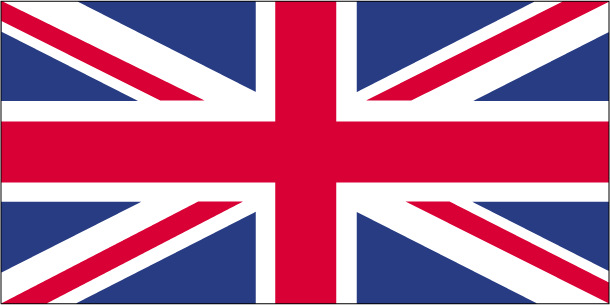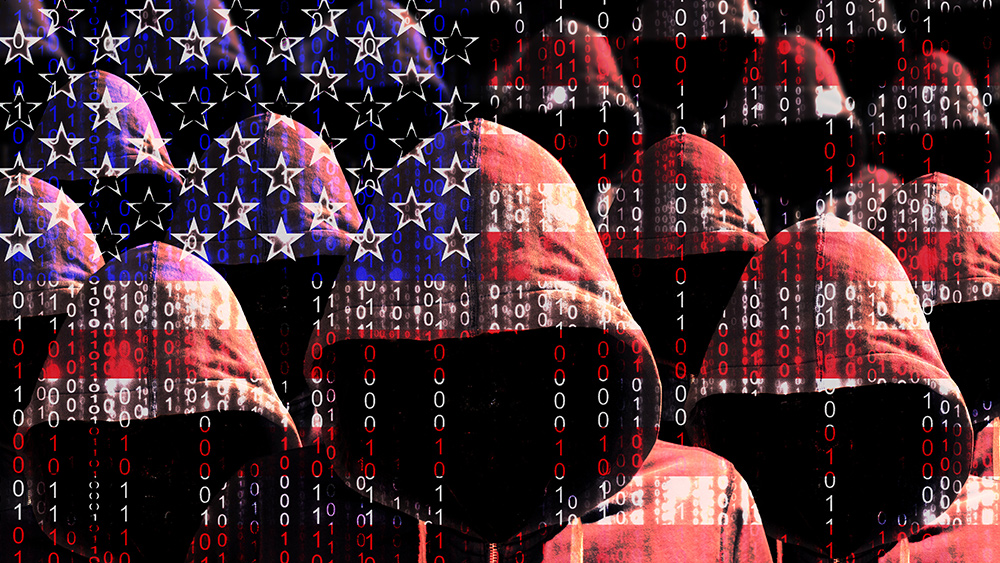BRICS nations to create independent blockchain-based payment system as part of sweeping dedollarization infrastructure
03/13/2024 / By Cassie B.

The BRICS nations are working on an independent payment system that will be based on blockchain technology and digital currencies, according to the Kremlin, marking a decisive shift away from the U.S. dollar.
BRICS is a geopolitical bloc that is made up of Brazil, Russia, India, China, South Africa, Iran, Ethiopia, the United Arab Emirates and Egypt. It was originally an alliance of emerging market nations, but recent additions have placed some more developed, higher-income countries on their roster.
Relying on blockchain will simplify payments by authenticating them in real time with a decentralized network. The technology is already used for digital currencies such as Bitcoin and Ethereum.
Although the specific type of blockchain they intend to use for their plan was not disclosed, the key takeaway is that the bloc is seeking to increase its profile in the international monetary and financial system. In addition to reducing their dependence on the U.S. dollar, they plan to further advance an agreement known as the Contingent Reserve Agreement, which is an International Monetary Fund type of arrangement that will offer mutual support in the event of an unexpected currency crisis.
Kremlin aide Yuri Ushakov told the Russian news agency TASS: “We believe that creating an independent BRICS payment system is an important goal for the future, which would be based on state-of-the-art tools such as digital technologies and blockchain. The main thing is to make sure it is convenient for governments, common people and businesses, as well as cost-effective and free of politics.”
Last year, the BRICS nations agreed to raise their settlements using national currencies, and the bloc’s South African ambassador, Anil Sooklal, warned the world that the global dominance of the U.S. dollar was about to end.
He said: “The days of a dollar-centric world is over. That’s a reality. We have a multipolar global trading system today.”
Last month, Russian Prime Minister Mikhail Mishustin announced that the percentage of national currencies that formed mutual settlements for countries that are part of the Eurasian Economic Union (EAEU) had reached 90%. This block, which contains Belarus, Kazakhstan, Kyrgyzstan, Armenia and Russia, helps to ensure the free flow of workers, goods and capital between its constituents.
Dedollarization efforts driven by sanction concerns
As trade within the EAEU continues to rise, the participating countries have been moving away from the dollar and euro in favor of their national currencies as part of a broader trend toward dedollarization. Russian President Vladimir Putin has called on member states to create a dollar-free payment system to increase their “economic sovereignty.”
A big driving force behind these efforts is a desire to create financial channels that will be less vulnerable to economic sanctions issued by the U.S. and the European Union. Some countries have accused the U.S. of “weaponizing” the dollar by issuing economic sanctions against countries the U.S. disagrees with politically.
For example, after Russia invaded Ukraine two years ago, America seized $600 billion worth of Russian central bank assets in American dollars, in addition to cutting off Russia’s economy from the international money transfer system SWIFT.
In fact, dozens of countries have expressed a desire to join the bloc in hopes of minimizing the effect that any future U.S. sanctions would have on them, and it was a strong motivation for recent BRICS entrants such as Saudi Arabia, Iran and Egypt. Although many parts of Latin America, the Middle East and Southeast Asia are unhappy about the supremacy of the dollar, no single other currency has emerged as a clearly preferable alternative yet.
Sources for this article include:
Submit a correction >>
Tagged Under:
big government, blockchain, BRICS, Bubble, computing, conspiracy, cryptocurrency, currency clash, currency crash, currency reset, dedollarization, digital currency, dollar demise, economic riot, finance riot, Glitch, market crash, money supply, risk, Russia
This article may contain statements that reflect the opinion of the author
RECENT NEWS & ARTICLES
COPYRIGHT © 2017 GLITCH.NEWS
All content posted on this site is protected under Free Speech. Glitch.news is not responsible for content written by contributing authors. The information on this site is provided for educational and entertainment purposes only. It is not intended as a substitute for professional advice of any kind. Glitch.news assumes no responsibility for the use or misuse of this material. All trademarks, registered trademarks and service marks mentioned on this site are the property of their respective owners.


















